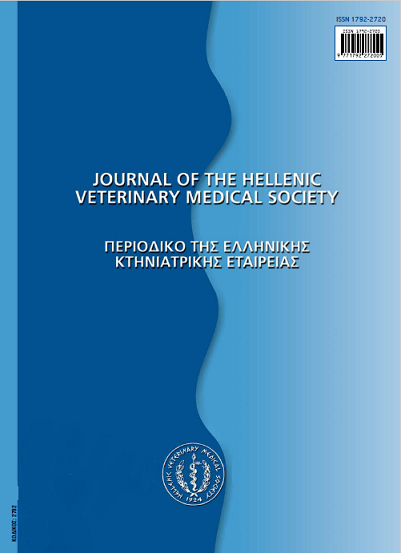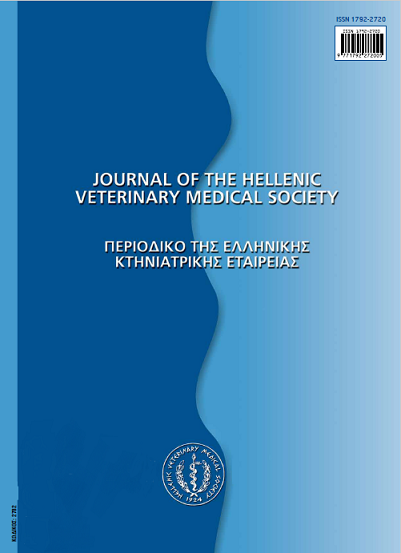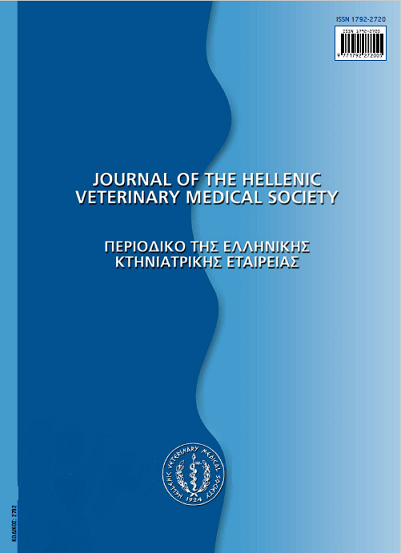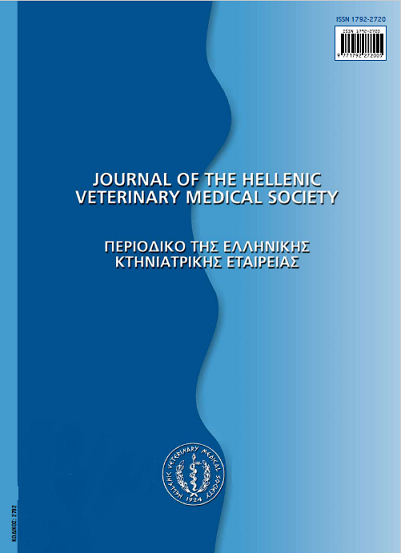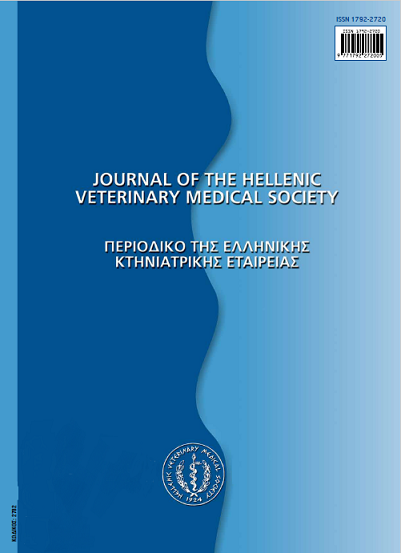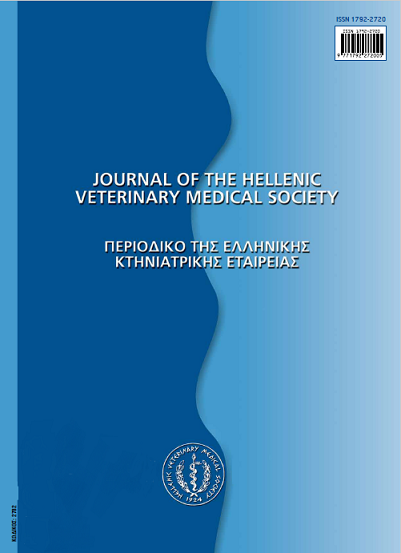Ethics and laboratory animals
Аннотация
Despite all the benefits, the use of animals in biomedical research was, and still is, a subject of debate with respect to its true usefulness. The sensitivity of the community and the interest of scientists working in the field of laboratory animal science and welfare have clearly demonstrated that the use of animals in biomedical research must be conducted under specific scientific, legal and ethical rules. The ethical justification of a research project starts from the initial designing phase of the project until the completion of the study and the review of the obtained results. Main considerations of an ethical documentation are: the precise definition of the goals of the project and the existing probabilities for its success, the selection of the appropriate animal model, the implementation of the 3Rs' concept for replacement, reduction and refinement, a cost/benefit analysis on the expected benefits for science and society with direct consideration to the harm created to animals, a pilot study and a systematic review of previously published animal research on the topic, the availability of the appropriate facilities, equipment and expertise to guarantee high standards of animal accommodation, husbandry, care and use. The ethical documentation of a project by scientists themselves
involves team work and a sustainable rather than a one-off procedure. The ethical justification of the laboratory animal research protocols reflects the interest and the responsibility of scientists for reduction and refinement of animal experimentation. This
process built a trust relationship between scientists and the society.
Article Details
- Как цитировать
-
KOSTOMITSOPOULOS (Ν. ΚΩΣΤΟΜΗΤΣΟΠΟΥΛΟΣ) N. (2017). Ethics and laboratory animals. Journal of the Hellenic Veterinary Medical Society, 60(1), 75–81. https://doi.org/10.12681/jhvms.14916
- Выпуск
- Том 60 № 1 (2009)
- Раздел
- Special Article
Authors who publish with this journal agree to the following terms:
· Authors retain copyright and grant the journal right of first publication with the work simultaneously licensed under a Creative Commons Attribution Non-Commercial License that allows others to share the work with an acknowledgement of the work's authorship and initial publication in this journal.
· Authors are able to enter into separate, additional contractual arrangements for the non-exclusive distribution of the journal's published version of the work (e.g. post it to an institutional repository or publish it in a book), with an acknowledgement of its initial publication in this journal.
· Authors are permitted and encouraged to post their work online (preferably in institutional repositories or on their website) prior to and during the submission process, as it can lead to productive exchanges, as well as earlier and greater citation of published work.

